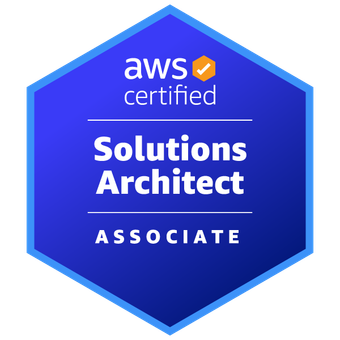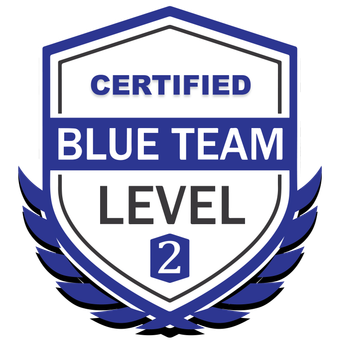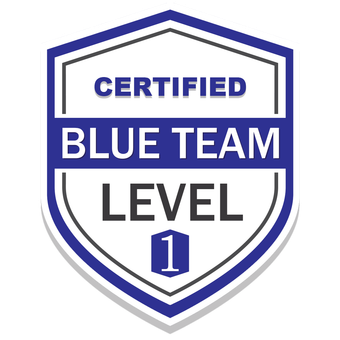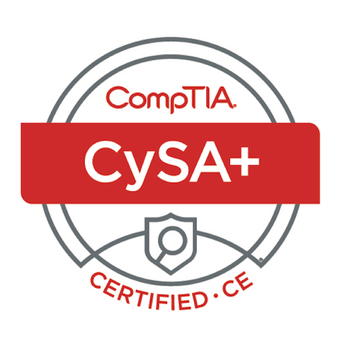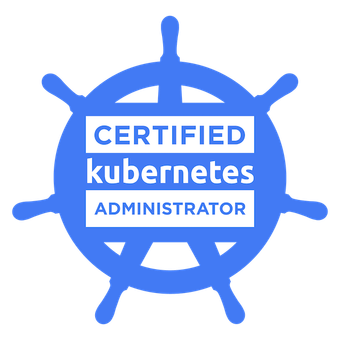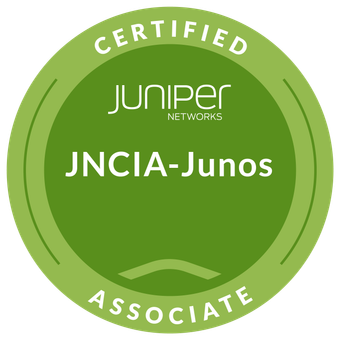About Tom
I am a seasoned IT professional with over 10 years of experience in the field. My expertise lies in cyber security, DevOps, and cloud technologies. I have a strong background in designing, implementing, and maintaining secure IT infrastructures to protect against cyber threats.
I am passionate about staying up-to-date with the latest trends in IT and am always looking for opportunities to further enhance my skills and knowledge in cyber security, DevOps, and cloud technologies to provide innovative solutions.
In addition to my technical expertise, I have a keen interest in learning languages and martial arts. I believe that learning new languages opens up new opportunities for communication and personal growth, while martial arts teach valuable lessons in discipline, perseverance, and self-defence.
My Skills
And now for keyword bingo. This is not an exhaustive list of my skills.
Cyber Security
- Security Engineering
- Malware Analysis
- Incident Response
- Digital Forensics
- WAF (Web Access Firewalls)
Soft Skills
- Team Management
- Mentoring
- Problem Solving/Thinking Outside of the Box
- Public Speaking
- Conflict Resolution
- Willingness To Learn
- Research/RTFM
DevOps
- Terraform
- Ansible
- Docker
- Kubernetes
- Git (GitLab)
Programming/Scripting Languages
- Python
- Bash
- Powershell
- JavaScript
Technology
- Linux System Administation
- AWS
- Firewalls
- Security Information and Event Management (SIEM)
Languages Skills
This section shows the level of the various languages I speak graded against the CEFR (Common European Framework of Reference for Languages). All of which are based on my own personal assessment.
- Native
English
- A2/B1
Chinese (Mandarin)
My Experience
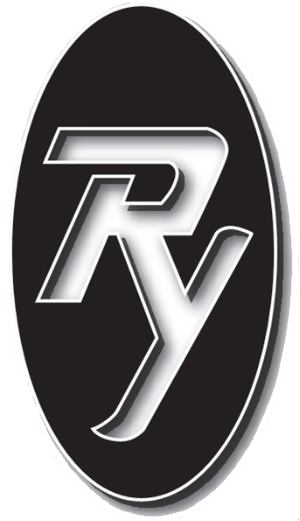
Rytec Dental Studio
IT Infrastructure/Security Consultant (Part-Time)
September 2019 - Present
I have been working as a consultant for a local business, advising them on best practices as well as maintaining Rytec's various IT systems. One of the first things introduced was MFA using OTP (One Time Password) generators and Ubikeys across all of their business accounts in order to reduce the likelihood of a successful compromise.
During my time consulting for Rytec, I was given a project to completely revamp their website. The website was previously hosted on a WYSIWYG (What You See is What You Get) provider, was incredibly slow to load, and didn't look too professional. Utilising the same techniques as hosting my own website, I created a newer and much fresher looking site that now loads 300% faster than before. The site is now backed up to Git, and any changes can be quickly deployed with no downtime.
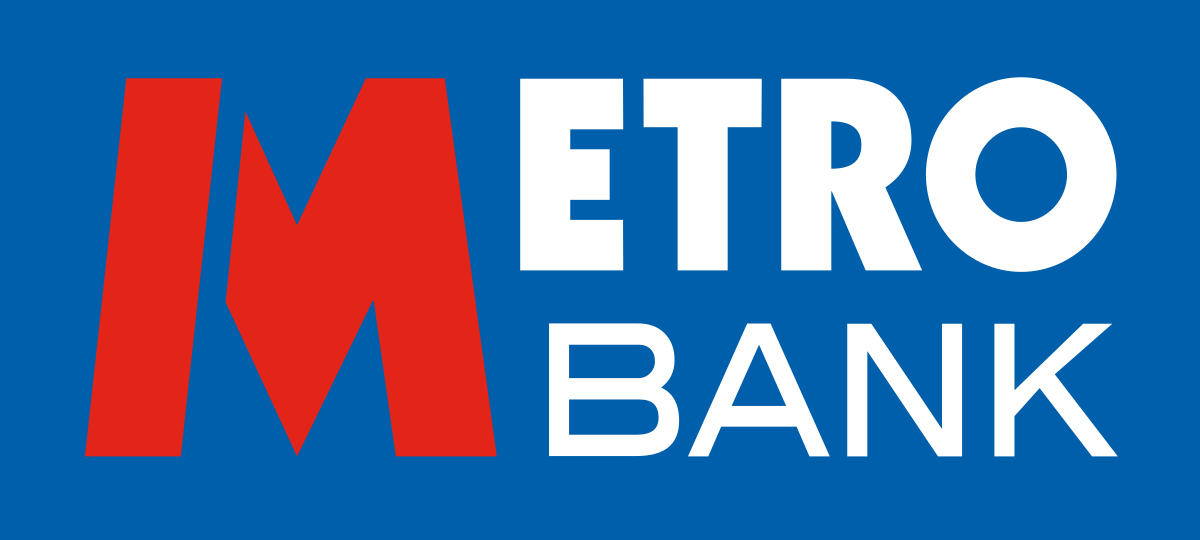
Senior Security Infrastructure Engineer
January 2023 - February 2024
In this role, I worked within a small team (4 people) of security infrastructure engineers whose role is to maintain the security tooling used by the wider Security Operations group.
During my time with the bank, I headed up a project to migrate the organisation's email security from ForcePoint to Exchange Online. This project helped to reduce operational costs by consolidating the security tools into a single pane and saving the bank about £200,000 per year.
I identified a weakness within the Security Operations team around incident response (IR). I drew upon my knowledge from my previous SOC role to fill this gap by creating a simple process that could be easily followed in the event of a security incident after multiple knowledge-sharing sessions. I also hosted regular Backdoors and Breaches tabletop sessions to help build up the team's critical thinking and to generate discussions around processes and playbooks that were either missing or required updating.
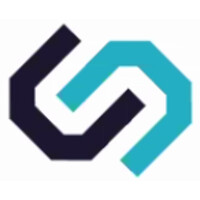
Cyberclan
UK SOC Team Lead
May 2022 - January 2023
Promoted into the role of UK SOC Lead after naturally undertaking the responsibilities of the previous SOC Lead in the UK after leaving the company. In this role, I managed and mentored a team of junior (T1) and senior (T2) analysts, as well as acting as an escalation point during incidents and client matters.
My most notable achievement was acting as the lead in reducing the company's AWS bill, which had skyrocketed. Through careful analysis of resources deployed and using AWS native tooling like Cost Explorer and Trusted Advisor, I was able to reduce the operational costs by 50%, saving $20,000 per month.
I also worked closely with the IT department to drive many changes within the company's AWS environment. For example, integrating the company's SSO provider so that identities provisioned with AWS' IAM service can be removed. This critical change made it easier to manage permissions assigned to departments in one place, as well as aiding the JML (Joiners, Movers, and Leavers) process.
Aside from my work with AWS, a lot of time was spent mentoring the analysts who reported to me. Such sessions included the art of malware analysis and how to stay safe when performing analysis, as well as CV and interview workshops. These workshops were vital to the professional growth of the analysts, whether they were going for an internal promotion or looking to move on to something bigger and better.
Senior (T2) SOC Analyst
January 2022 - May 2022
This was my first professional role within cyber security, although in previous roles I had some focus on the concepts of security. My time in this role was short due to being promoted to the UK SOC Lead less than six months into the role.
One of my proudest achievements was the introduction of a "virtual office", which was a Google Meet call constantly running to allow collaboration within the UK SOC team. This concept enabled analysts to work together on tickets and share ideas instead of working in isolation. Implementing this made our team stronger and eventually included other SOC members from the Canadian and US SOC teams, helping to bridge the gaps between the continents.
I implemented a skills matrix to help understand what knowledge analysts had and where to concentrate efforts in upskilling, helping to ensure everyone was on the same level of knowledge. This standardised template also kept track of important training items that were required, allowing for prompting when something was past due.
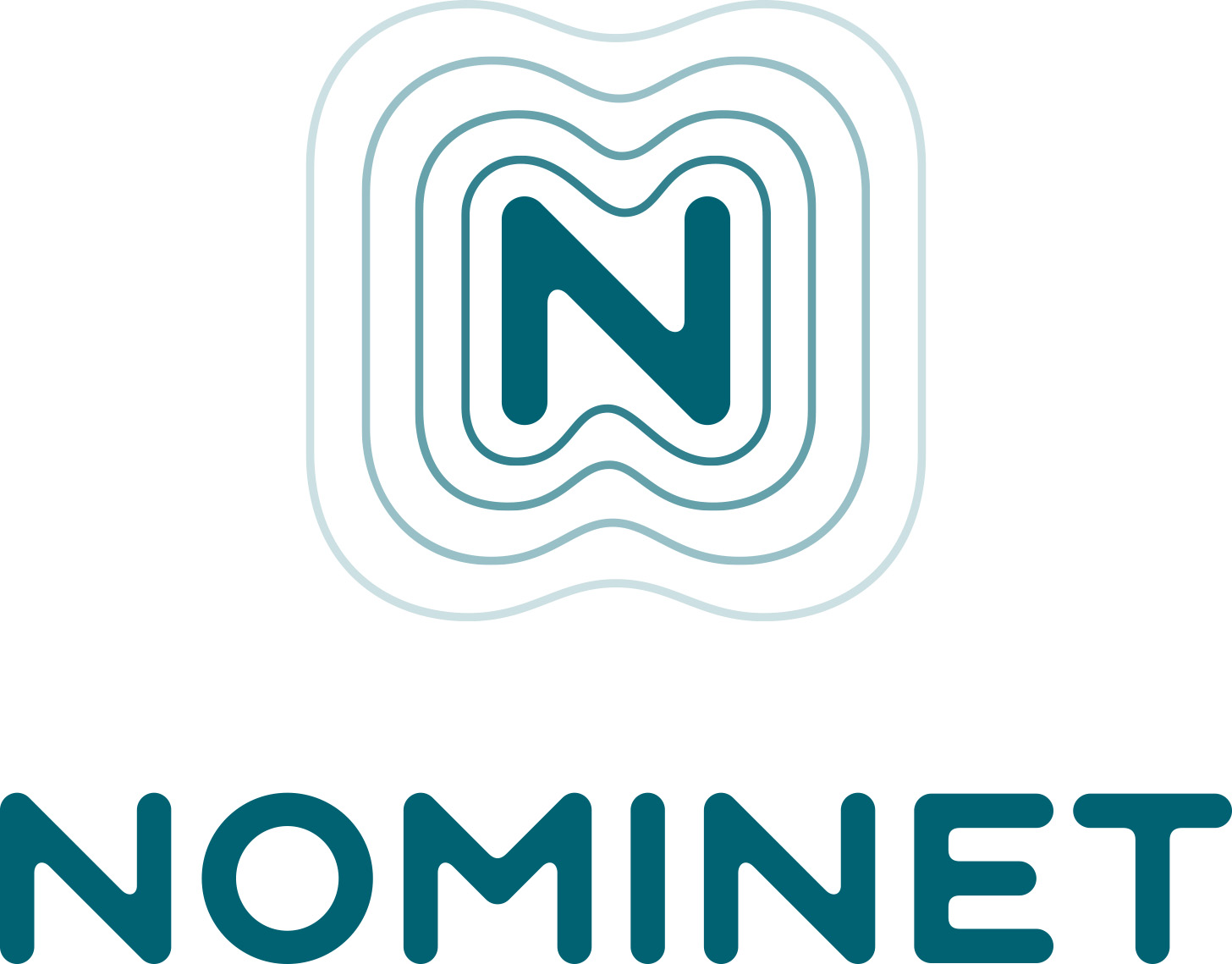
Senior DevOps Engineer
January 2021 - September 2021
I worked within a task-force to help deliver under pressure the next generation of PDNS (Protective Domain Name Service) using Amazon's EKS (Elastic Kubernetes Service) for the Australian government.

Senior DevOps Engineer
May 2020 - January 2021
In this role, I had many opportunities to make changes by utilising my Python skills. One such script generated XML configuration documents to describe video source files requiring processing for video transcoding to be viewed by an end user. Initially, these files were handcrafted and led to a number of failed jobs, resulting in time being lost due to debugging. The solution used Jinja2 templates and was populated with values from small configuration files. This script reduced the time required for ingesting new video content by up to 75%.
During this role, I worked with a small team that managed one of the internal VOD (Video on Demand) test systems. One of the projects I led was to migrate the EC2 Spot Instances used for the system to a third party to manage. By delivering this project, I not only managed to keep the cost of the system down, but also reduced the downtime of the system as the third party would automatically spin up new EC2 instances at the new price of the unused EC2 capacity.
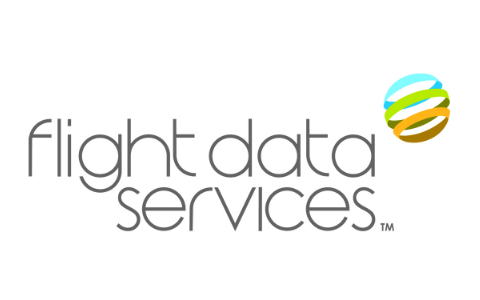
DevOps Assistant
August 2019 - April 2020
Before joining the company, configuration files for core services were edited on the fly. Seeing this as a problem, I introduced Ansible to make deploying changes to the core infrastructure easier and less prone to error. The results of this change in behaviour meant that the configurations were peer reviewed before being pushed to a version control system, making it easier to roll back any breaking changes.
Additional changes I made were to unify the Kubernetes deployment YAMLs using Helm. Before this work, the configuration for the various deployment environments was all stored in separate GIT repositories. This resulted in a lot of repeated code. By using Helm, I was able to condense these multiple repositories into a single repository. Variables could be passed in to deploy to the correct environment.

Systems Engineer
September 2018 - July 2019
During my time at LiveLink, I worked on the proof-of-concept project to create disposable development environments in GCP (Google Cloud Platform) by breaking up the existing monolithic application stack into smaller microservices, which could then be deployed using tools such as Terraform into a Kubernetes environment. This was the first step of many to migrate the application from the data center to the cloud. This was somewhat of a success, as we were able to present an environment that could be repeatedly created and destroyed.

Automation Development Engineer/DevOps Engineer
March 2014 - October 2018
I was given a permanent role following the end of my contract in which I initially worked within the CI (Continuous Integration) team on secondment to build the disaster recovery procedures for the test systems which I had worked on as a freelancer. In addition to this, I wrote a number of Python modules which would be used as part of the testing process. These modules included applying upgrades to devices, retrieving and parsing logs for errors, and sending email messages to stakeholders with the results of a given test.
After my secondment, I worked within the Automated Test team to create a set of Python HTTP servers which could be used for the playing out of video feeds and recording of transport stream (IP, ASI and Satelite Modulated). These servers presented the user with a simple API in which they could send commands to control the playout and recording devices. These servers reduced the complexity of testing scripts by using an API instead of using SSH to control playout, and greatly reduced the number of failed tests due to some unforeseen problem.
Another key project I solely worked on was the upgrading of the network for the entire testing infrastructure. This involved swapping out the legacy 10/100MB switches for newer models. There were a number of Juniper 10GB switches left over from a previous project which I used just for this purpose. The two main racks had redundant pairs of switches creating a 40GB backplane between each of the racks allowing for redundancy and disaster recovery. All switch configurations were backed up to Gitlab so that in the event of a switch failure, a device could swapped out with minimal downtime and reconfigured using Ansible.
Automation Development Engineer (Freelance)
September 2013 - March 2014
In this role as a freelancer, I was given the task of standardising the automated test system used by the development teams to test their new software builds. At the time of joining, there were two systems that varied dramatically in age and devices. Standardisation required me to understand how the systems were used. Once understood, another system was built based on this new standardised model, which in turn allowed for the older systems to be upgraded/updated with minimal downtime observed by the development and test teams.
The result of my work improved the reliability of the testing systems, the throughput in which the number of tests could be run at a time, and more importantly reduce the number of defective releases.

Broadcast/Software Engineer
September 2012 - September 2013
In this role, I started to develop my interests in software engineering. Projects included adding an audio/visual alarm to highlight areas of the transmission network that needed immediate attention from the NOC (Network Operations Team). This simple alarm reduced the overall response time, helping to reduce the number of complaints about services being off-air.
I held a number of training sessions for the NOC team to help them become more proficient with their roles. These sessions focused on the basics of broadcast systems, troubleshooting steps, and customer service. By holding these sessions, the number of calls to the on-call number was greatly reduced.
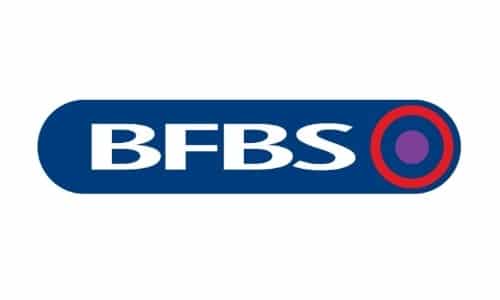
Broadcast Engineer
September 2010 - September 2012
I started this role as a trainee straight out of university. After completing my trainee year, I was offered the role of broadcast engineer, where I undertook projects such as commissioning a new radio studio for the Gurkha radio service in Nepal, and rationalising the equipment in the VSAT uplink rack, which no other engineer dared to touch.
During my time at BFBS, I also volunteered to provide relief engineering support over the Christmas and New Year period in Afghanistan.
My Education
Certifications
List of passed certifications/exams throughout my career.
Degrees


